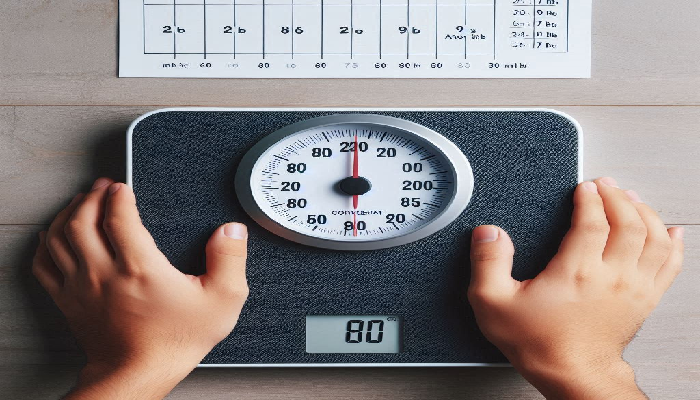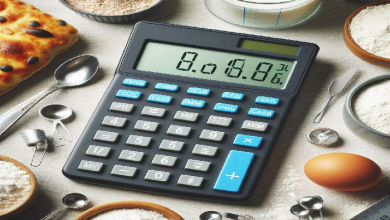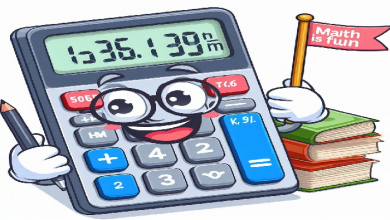80 kg to lbs – What is 80 kg in pounds?

80 kg to lbs If you are looking to convert 80 kilograms to pounds, you have come to the right place. The kilogram (kg) is a metric unit of weight, while the pound (lb) is the most commonly used imperial unit of weight in the United States and the United Kingdom. Being able to switch between these units is important when traveling or talking to people in different parts of the world.
The ratio of kilograms to pounds is 2.20462. This means that one kilogram is equal to 2.20462 pounds. To convert 80 kilograms to pounds, simply multiply 80 by 2.20462. This ratio gives us:
80 kg x 2.20462 = 176.3696 pounds
Therefore, 80 kilograms is equal to approximately 176.3696 kilograms.
What formula should be used to convert kilograms to pounds?
To convert kilograms to pounds, multiply the number of kilograms being converted by 2.20462.
Formula: kg x 2.20462 = pounds
How much is 80 kg to lbs in pounds?
To convert 80 kg to pounds, we use the formula:
80 kg x 2.20462 = 176.3696 pounds
So,
Answer: 80 kg = 176.3696 pounds
The Basics of Weight Measurement
A. Understanding Kilograms
The 80 kg to lbs kilogram, defined as the base unit of mass in the metric system, originated from a prototype made of platinum-iridium. It’s widely used in scientific research, industry, and everyday contexts across most of the world due to its ease of use and precision. In fields like medicine and engineering, accurate weight measurement is crucial, making the kilogram’s role indispensable for maintaining consistency and reliability.
B. Understanding Pounds
The pound, with its roots in Roman and medieval measurement systems, remains a key unit in the Imperial system, primarily used in the United States and a few other countries. Its historical background includes variations in weight standards over time, but it remains central in various sectors like 80 kg to lbs commerce and nutrition. Understanding pounds is particularly relevant for regions that continue to use the Imperial system, impacting everything from grocery shopping to fitness routines.
C. Conversion Factors between Kilograms and Pounds
80 kg to lbs To convert between kilograms and pounds, the standard formula is: 1 kilogram = 2.20462 pounds. For practical purposes, this can be rounded to 2.2 pounds per kilogram. Examples, such as converting 5 kilograms to pounds (which equals approximately 11 pounds), illustrate the process. While precise calculations are essential in technical fields, common approximations can simplify everyday conversions and make them more accessible.
Step-by-Step Weight Conversion Process
Step1: Manual Conversion Methods
80 kg to lbs To manually convert weight, start by using the conversion factor: 1 kilogram = 2.20462 pounds. For example, to convert 10 kilograms to pounds, multiply 10 by 2.20462 to get approximately 22.05 pounds. Always double-check your calculations to ensure accuracy, especially for tasks requiring precise measurements. A calculator or spreadsheet can assist with more complex conversions, while recalculating or using a different method can help verify your results.
Step2: Using Online Conversion Tools
Online conversion tools offer a convenient way to convert weights quickly. Popular websites like ConvertUnits.com and OnlineConversion.com provide easy-to-use interfaces where you simply input your weight and select the desired units. These tools are efficient but be aware of potential issues like occasional inaccuracies or limited functionalities. Always verify critical conversions with multiple sources or manual calculations to ensure reliability.
Step3: Practical Tips for Everyday Use
80 kg to lbs For everyday conversions, mental estimates can be handy—knowing that 1 kilogram is roughly 2 pounds helps with quick approximations. Keeping a quick reference chart with common conversions can save time and reduce errors. Additionally, carrying a weight conversion app on your smartphone can make conversions seamless when you’re on the go, combining convenience with accuracy for everyday needs.
What are the Real-Life Applications of Weight Conversion?
Health and Fitness
- Tracking weight loss or gain across systems– Individuals who travel or move between countries often face the challenge of converting their body weight from one system to another (e.g., kilograms to pounds). This helps ensure consistency in tracking progress during fitness or diet programs.
- Understanding dietary guidelines in different countries– Nutritional guidelines are often presented in grams or ounces. Converting between these units is essential for accurately following diet plans or nutrition advice across regions.
- Interpreting fitness equipment weights– Gym equipment often uses different weight systems (e.g., barbells marked in kilograms in Europe but in pounds in the US), requiring users to convert between these units for effective and safe workouts.
Travel and Culture
- Navigating customs and baggage allowances– Airlines and customs departments use various weight systems for baggage allowances (kilograms vs. pounds). Travelers must convert their luggage weight to avoid extra fees.
- Understanding cultural differences in weight perception– Different countries use varying systems to express weight. This can influence how people perceive and discuss body weight, groceries, or everyday items. Understanding these differences is key to cross-cultural communication.
- Implications of weight conversion when purchasing goods abroad– When buying goods in foreign countries, especially items like produce, textiles, or hardware, understanding the local weight units (e.g., kilograms, grams, or pounds) ensures accurate purchases and fair pricing.
Science and Industry
- Importance of unit accuracy in research– In scientific research, even small discrepancies in weight conversion can lead to significant errors. Accurate conversions are crucial in fields like chemistry, biology, and physics, where precise measurements determine outcomes.
- Conversion in manufacturing and shipping– In global trade, manufacturers and logistics companies must convert weights accurately when shipping goods across borders to ensure compliance with international standards and avoid costly errors.
- Case studies highlighting weight conversion challenges– Real-world examples where improper weight conversions led to significant issues, such as costly shipment errors, product defects, or even safety hazards in construction or aerospace industries.
Conclusion
80 kg to lbs In conclusion, weight conversion plays a vital role in various aspects of daily life, from health and fitness to travel, science, and global communication. Understanding these conversions fosters better health management, enhances travel experiences by simplifying customs and baggage processes, and improves communication in international interactions. By applying this knowledge, individuals can navigate different systems more efficiently and make more informed decisions in both personal and professional contexts. Embrace the lifelong benefits of mastering weight conversion.
Frequently Asked Questions About Converting Kilograms to Pounds
Q: How are kilograms different from pounds?
A: 80 kg to lbs is a metric unit of weight and a pound is a unit of mass. Many countries around the world use kilograms as a unit of weight, while pounds are primarily used in the United States and the United Kingdom.
Q: How do I convert kilograms to pounds?
A: To convert kilograms to pounds, you need to multiply the number of kilograms by the conversion factor, which is 2.20462. Using this method, you can find the equivalent weight in kilograms.
Q: What is the formula for converting kilograms?
A: You can convert kilograms to pounds using the formula: Weight in pounds = Weight in kilograms x 2.20462.
Q: What is the accuracy rate when converting kilograms to pounds?
A: The accuracy of the kilogram to pound conversion is extended to five decimal places. However, it is important to keep in mind that conversions between different parameters are always approximate and may be affected by rounding errors or other factors.
Q: Can the same formula be used to convert kilograms to kilograms?
A: Yes, you can convert pounds to kilograms using the same formula, but you must divide the number of pounds by the conversion factor (2.20462) instead of multiplying. The formula to convert kilograms to kilograms is: Weight in kilograms = Weight in kilograms / 2.20462.
Q: What common examples do I need to convert kilograms to pounds?
A: You may need to convert kilograms to pounds if you are traveling to a country that uses pounds as weight, or if you are working with friends or clients who use the imperial system of measurement. Additionally, you may need to adjust your measurements for cooking or meal preparation or to monitor your weight if you have learned to use a different device.
Related Post, Convert ML to Grams Calculator A Simple Guide to Accurate Convert ML to Grams




